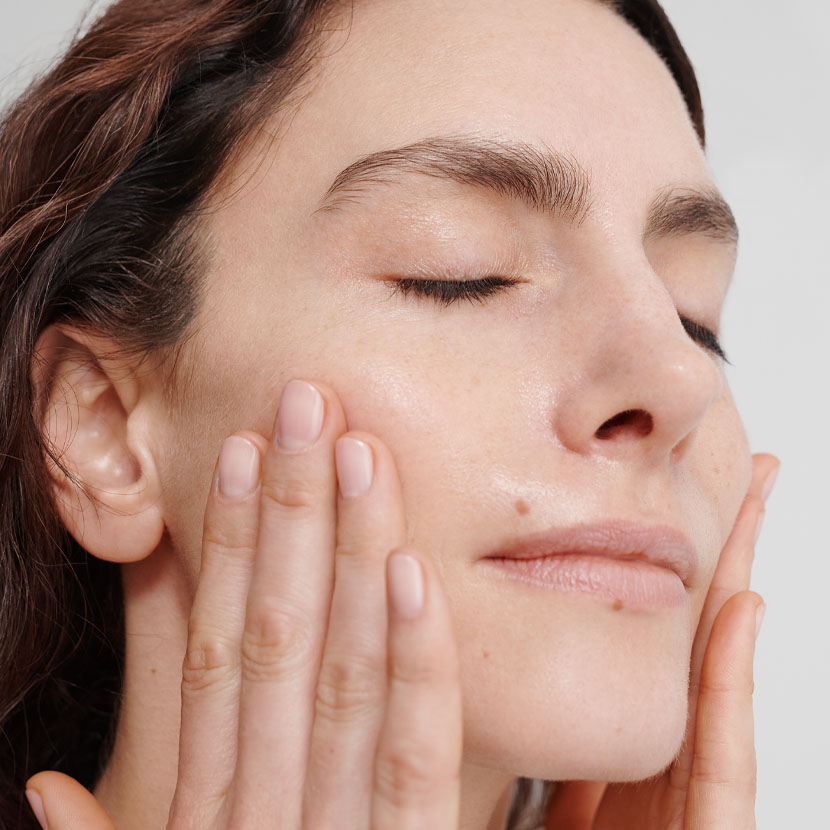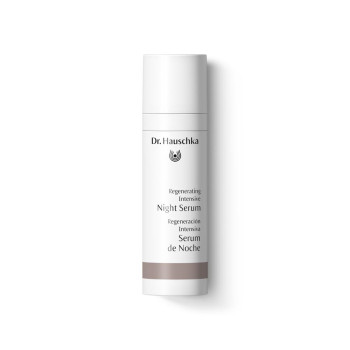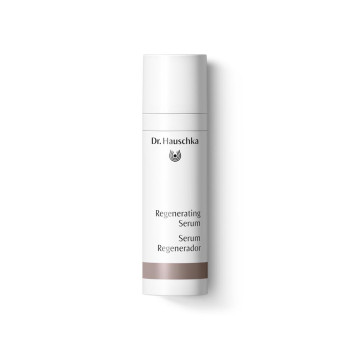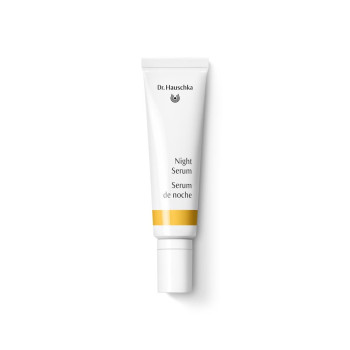Tips for falling asleep
What quality of sleep is your skin actually getting?
Various studies have shown that our sleep quality is deteriorating. And this is bad news as our bodies regenerate as we sleep. This is especially true of our skin. The better news, however, is that there are several things you can do to help you get a proper night’s beauty sleep (again). We present some interesting correlations and provide tips on how to fall asleep that you can try out right away tonight.
Sleep problems are widespread in many Westernized countries
Ideally, you and your sleep are a strong team. You spend about a third of your life asleep in order to physically and mentally recharge and strengthen your immune system. Studies by several health insurance providers, the German Federal Centre for Health Education (BZgA) and the Robert Koch Institute have shown that around a third of German citizens suffer from a sleep disorder. Women are more greatly affected than men, especially those aged 40 and 60 – the keyword here is sleep disorders during menopause.
Why should this interest you? Because poor sleep not only reduces your concentration and performance, but increases your risk of obesity, depression and cardiovascular diseases. Your skin also ages faster. Perhaps it is sending you early warning signals?
Your skin shows when you're having trouble sleeping.
Puffy eyes, a pale complexion, deeper wrinkles, dark circles and irritated skin – your reflection in the mirror reveals that you look as tired as you feel. Take these signals from your skin as a sign that you should try to improve your sleep. After all, your skin needs plenty of rest at night to restore its cells and strengthen its barrier and defense functions. What it does not need are sleepless nights. Anthroposophical dermatologist Dr. Brigitte Roesler explains: “Our skin (and hair) requires about eight hours of sleep for night-time regeneration, ideally starting no later than 11 p.m. This is when the liver and gallbladder, two important organs for the skin functions, are particularly active. The skin recovers best when allowed to sleep at this time of night.” In summary: the better you sleep, the slower your skin will age, the more radiant it will look when you wake up and the healthier you will be as you start each new day. But how can you give your skin the sleep it deserves?
Connect to the life around you.
Like all living organisms on our planet, you too follow a circadian (day-night) rhythm. You can unnaturally turn night into day, but it is not healthy in the long term and a possible cause of sleep disorders. The sleep hormone melatonin is only released in the dark; it stops being released when daylight dawns. It isn’t wise to fight this clock. Instead, you can use the natural rhythms to benefit you and your sleep. You can even use little rituals to support the transition from day to night.
Your skin loves routine.
Your facial care regime offers an ideal pre-bedtime ritual. Take your time, maybe light a candle or put on some music, let go of the day and cleanse your face to prepare your skin for its nightly tasks. It will love this support. Dr. Hauschka night time care is all about lightweight serums that deliver vitalizing nourishment to your skin. This enables it to be active at night without being weighed down and to wake up refreshed in the mornings.

Top tips on getting to sleep for the benefit of you and your skin.
You’re probably already familiar with the most common tips on how to get to sleep: don’t eat too late in the evening or have a heavy meal near bedtime, ventilate your bedroom and keep it cool. There are more tips on how to fall asleep quickly and prevent sleep problems. Some of them might surprise you.
Sleeping tip 1: lights off, melatonin on.
Darkness tells your body that it is time to sleep and stimulates the production of the sleep hormone melatonin. So, close the curtains and turn off the light. Or rather, lights. After all, the bright displays on laptops, e-book readers or smart phones can also act as artificial lights that keep you awake.
Sleeping tip 2: create transitions.
Most importantly, your electronic devices. Switch them off and banish them from the bedroom. Create a conscious rest period as you transition from day to night. Reading a printed book, writing a physical diary, meditating or having a foot massage help you get to sleep far more easily than watching a series or having a late-night chat.
Sleeping tip 3: maintain regular sleeping hours.
If you wake up during the night, don’t look at the clock and work out how much longer you can sleep, instead simply stay calm. As we age, it’s perfectly normal to sleep less deeply at night, to wake up more often and to wake earlier in the mornings. You will also recuperate by simply lying in bed and resting. One sleepless night does not mean you have a sleep disorder.
Sleeping tip 4: if nothing helps, get up.
If you find yourself tossing and turning in bed or your mind whirring, accept the momentary sleep loss and get up. You can jot down what you’re thinking about. You can open the window and look out at the night sky. You can make a cup of tea and read a little before lying down again and possibly falling back to sleep after all…




